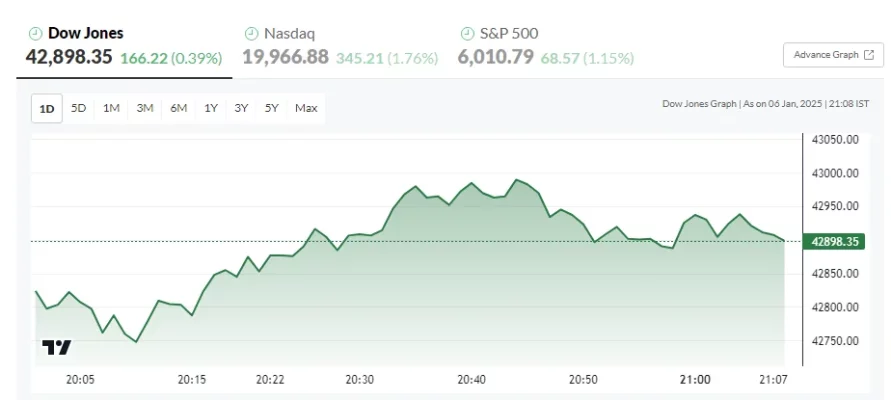Tracer_Bullet
Herald
Ideally, a backtest should allow you to set some position sizing rules and then get some type of returns/risk numbers ? Do they do this ?Easier said than done, for normal people we never know what is the right level.
Do a paper trade here to see how it goes https://chartink.com/screener/52-week-low-3








